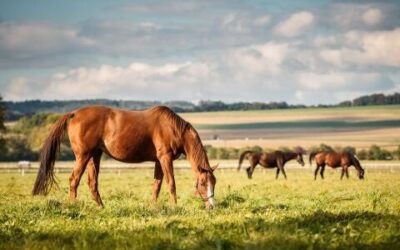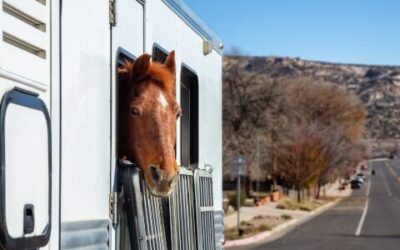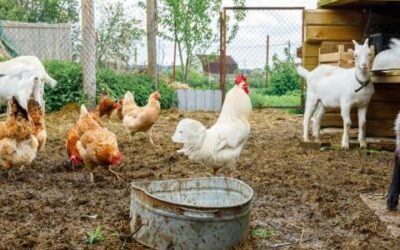
Draft horses need larger meals to match a percentage of their weight, and you need to know exactly what to feed them. No matter if your draft horse helps around the farm, is used for breeding, actively competes, or has transitioned into a companion animal, they may require specialized diets that may differ from the other horses in your barn. Our tips for feeding your draft horse will keep your gentle giant happily eating his forage and not your hat.
How Much To Feed Them
Draft horses, like other horses, require between 1.5 percent and 3 percent of their body weight in forage daily. Many draft horses that perform hard, laborious work will still require high-energy feed in regular amounts. Watch your draft horse’s weight carefully to avoid overfeeding them.
Certain draft horses will be what’s known as an “easy keeper” and will require less food because of their slower metabolism. Giving an easy keeper too much food will result in equine obesity—but you don’t want to starve them! Sometimes, the slower metabolism will allow you to feed them fewer calories and may only require forage in their diets, allowing you to eliminate grain.
What To Feed Your Draft Horse
Your draft horse will be perfectly happy eating high-quality fibrous grass hay but may still need nutrients supplemented through their food. Draft horses with a low workload typically prefer grass hay forage with few calories to suit their lifestyles. If you have a high-energy, hard-working draft horse, they will need to eat additional calories to maintain optimal body condition. The different kinds of nutrient-filled chopped forage for horses from Lucerne Farms will provide the feed to suit your draft horse’s energy and caloric requirements.
Problems With a Draft Horse’s Diet
The most important tip for feeding your draft horse is to watch your horse’s health. Each horse is different in size and appetite. Draft horses are especially prone to equine polysaccharide storage myopathy (EPSM or PSSM), which results in muscle stiffness and pain. EPSM is a genetic disorder that prevents the storage of glycogens—starches and sugars (carbohydrates). For a draft horse with EPSM, we recommend using a feed that replaces starchiness and sugar with healthy fats.
Laminitis is also a severe problem that is heightened by the sheer mass of the draft horse and can be caused by overfeeding concentrates in a horse’s diet. Laminitis is inflammation of the laminae, the skin that connects your horse’s hoof to their coffin bone. If you suspect laminitis, you need to take immediate veterinary action.
For any questions you need answered about your draft horse’s diet, contact Lucerne Farms for an equine nutrition consultation.




